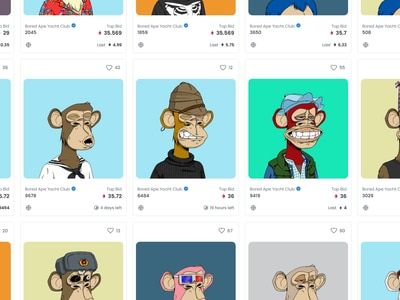
Crypto purists may bristle at the idea, but greater oversight could foster a safer trading environment.
There’s a lot you can do with a non-fungible token. Digital collectibles can work as passports to online communities, or ways for artists to interact with their fans. Bands have turned NFTs into backstage passes, and the writer Emily Segal used an NFT as a fundraising mechanism for an upcoming novel.
But an insider trading scandal at OpenSea, now one of the most important marketplaces for NFTs, serves as a reminder that – for all their potential – NFTs are still very much a speculative asset. In a world where everything becomes an NFT, casual collectors will need to be assured that the system isn’t rigged in favor of insiders.
Last week, Nate Chastain, OpenSea’s head of product, resigned after being accused of front-running NFTs in the way a broker might front-run a stock.
If front-running doesn’t immediately feel like a useful rubric for understanding an NFT trade, consider what Chastain is accused of doing: in a Twitter thread, an account called @ZuwuTV explained how a group of Ethereum addresses would buy up NFTs just before they appeared on OpenSea’s homepage and then sell them once the prices went up.
Receipts from Etherscan.io – a record of transactions on Ethereum – appeared to connect these addresses to Chastain.
Collectors are constantly on the hunt for what they call “alpha” – any sort of special insight that might make them early to the next hot NFT project. And OpenSea, with a daily trading volume of around $77 million and big-name backing, is at the heart of the NFT ecosystem.
When an NFT is featured on the site’s homepage, there’s a good chance it’s about to get more valuable. Chastain, @ZuwuTV inferred, was using non-public information about the platform’s curatorial strategy to make a profit flipping NFTs. Think of these trades as capitalizing on a non-public form of “alpha,” over and over again.
After a swift “third-party review” early last week, Chastain was out at OpenSea.
